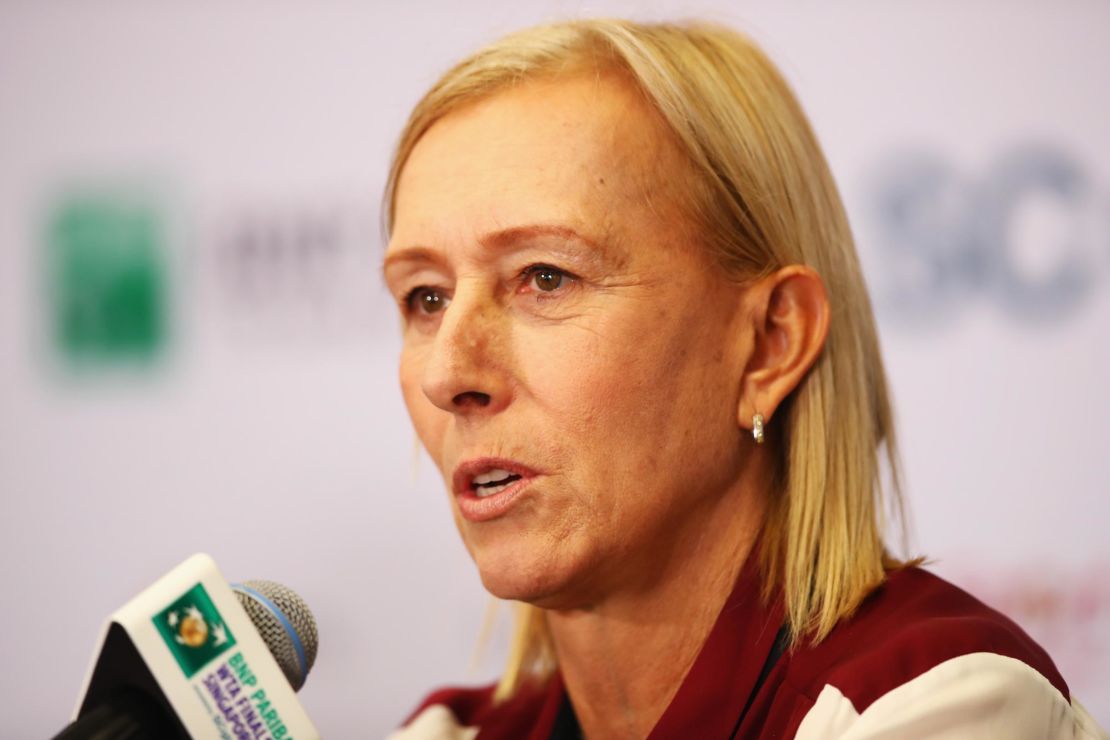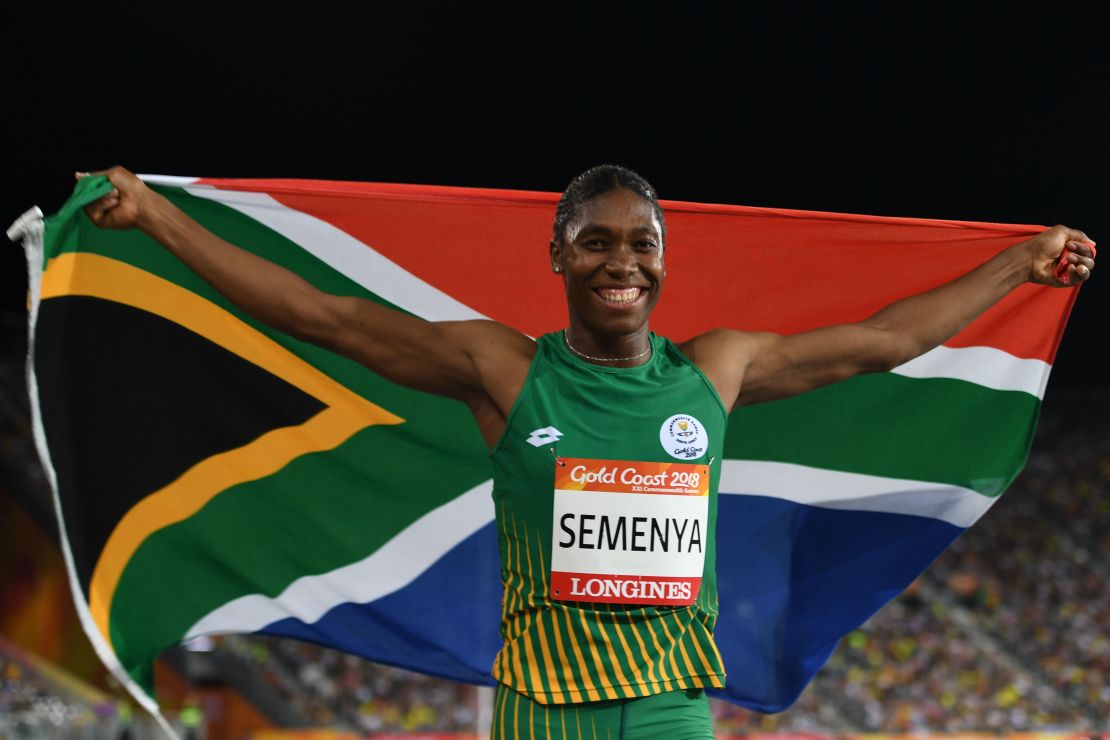Tennis great Martina Navratilova has been criticized after claiming it is a form of “cheating” for transgender women to be allowed to compete in women’s sport.
The 18-time Grand Slam winner wrote in The Sunday Times that it was “insane” that “hundreds of athletes who have changed gender by declaration and limited hormone treatment have already achieved honors as women that were beyond their capabilities as men.”
This is not the first time Navratilova, a gay rights campaigner who suffered homophobic abuse when she came out in 1981, has caused controversy with her remarks on transgender athletes.
In December she was criticized after tweeting: “You can’t just proclaim yourself a female and be able to compete against women. There must be some standards, and having a penis and competing as a woman would not fit that standard.”

Her comments led to her becoming embroiled in an online argument with cyclist Rachel McKinnon, the first transgender woman to win a world track cycling title in October 2018.
Navratilova, a nine-time Wimbledon champion, wrote on Sunday that this debate had led to her going away to do more research on the subject, adding: “Well, I’ve now done that and, if anything, my views have strengthened.
“To put the argument at its most basic: a man can decide to be female, take hormones if required by whatever sporting organization is concerned, win everything in sight and perhaps earn a small fortune, and then reverse his decision and go back to making babies if he so desires.
“It’s insane and it’s cheating. I am happy to address a transgender woman in whatever form she prefers, but I would not be happy to compete against her. It would not be fair.”
Her comments were labeled “transphobic” by trans rights group Trans Actual, which tweeted: “If trans women had an advantage in sport, why aren’t trans women winning gold medals left, right & center?”
McKinnon reacted to Navratilova’s article by tweeting: “It’s a wild fantasy worry that is an irrational fear of something that doesn’t happen. An irrational fear of trans people? Transphobia.”
Navratilova rejected accusations of transphobia, adding that she deplores “what seems to be a growing tendency among transgender activists to denounce anyone who argues against them and to label them all as ‘transphobes.’”
She also highlighted her friendship with Renée Richards, the transgender tennis player who campaigned to be able to play at women’s US Open.
According to current rules issued by the International Olympic Committee in 2016, trans men are allowed to compete without restriction.
Trans women, however, must show that their testosterone level has been below a certain level for at least 12 months before their first competition.
Navratilova’s comments came the day before the case of Caster Semenya, the double Olympic 800-meter champion, went before the Court of Arbitration of Sport on Monday.

The South African athlete has a condition known as hyperandrogenism which means that her testosterone levels are naturally elevated.
Semenya is challenging a case being launched by the sport’s governing body, the International Association of Athletics Federations (IAAF), that would require testosterone levels to be limited in female athletes competing in races between 400 meters and a mile.
The IAAF’s proposal would mean she would need to take medication to reduce those levels.
Her case has already won support from the South African government as well as Navratilova, who wrote: “I hope she wins.”
“She has never taken medication or sought an advantage,” Navratilova added. “She has just trained and run.”
